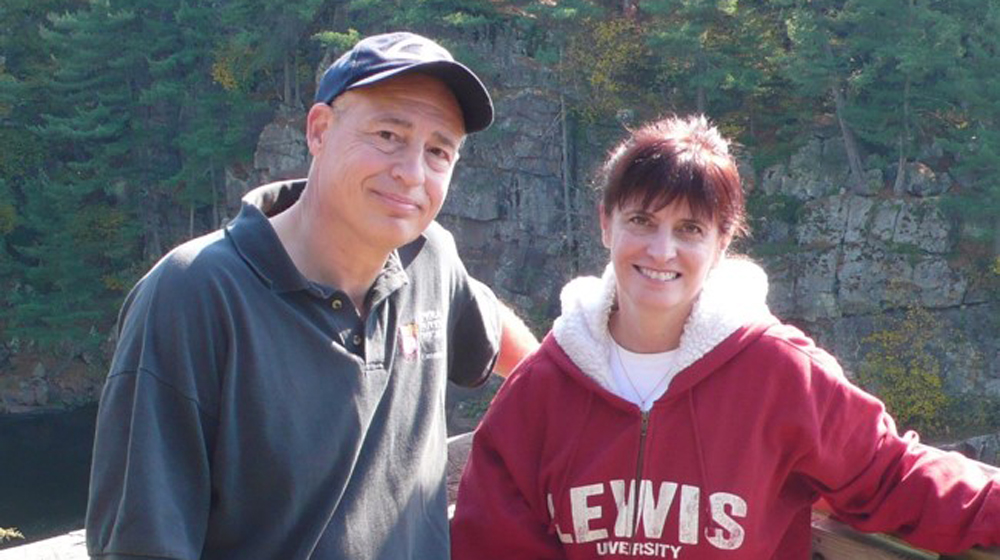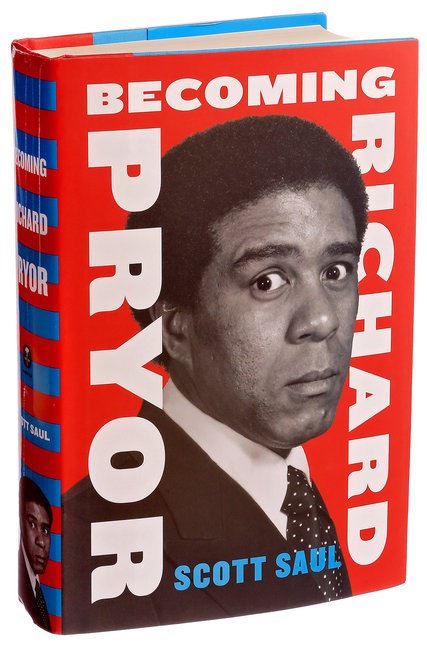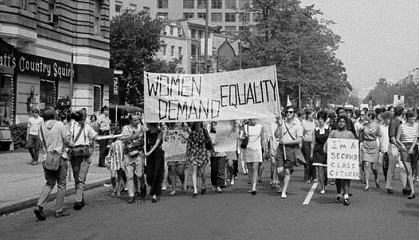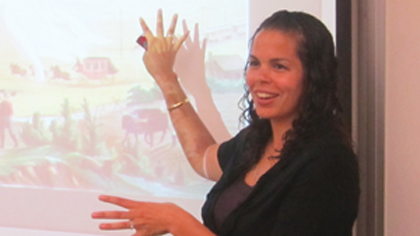archive

"Civil War Chicago: Eyewitness to History" on October 20th
Professor of History Theodore J. Karamanski, PhD and Loyola alumna Eileen M. McMahon, PhD, will discuss their new book on the Civil War’s transformative role in Chicago's development.

Richard Pryor Biographer to Speak at Loyola
Scott Saul, the author of Becoming Richard Pryor, will give a public lecture on the comedian entitled "Living with Richard Pryor: A Biographer's Tale" on Friday, April 24 at 3 PM.
Timothy Gilfoyle on "The Changing Forms of History"
Should history be a book discipline? What constitutes "acceptable scholarship" in history? Professor Timothy Gilfoyle considers the rich and diverse forms that historical scholarship take from books, digital media, and public history projects in his article "The Changing Forms of History" in April's edition of Perspectives on History, the AHA newsmagazine.

"The Rise of the Nation-Saint" on November 5th
Prof. Kathleen Sprows Cummings, University of Notre Dame, discusses a pre-circulated paper on the efforts of U.S. Catholics to secure their first canonized saint for the third meeting of the 2015-2016 Ramonat Seminar Series.

Voices of Chicago Women Activists
Celebrate Women's History Month with the Women & Leadership Archives and the Chicago Area Women's History Council. Come hear multimedia excerpts of oral histories by Columbia College honors students featuring Chicago women activists and leaders. The event will be held on Sunday, March 16th from 2:00pm-5:00pm on the 1st floor of Piper Hall.

What was Chrysler Village and how did it get its name?
Public History graduate students know and shared their work on a historic nomination for the neighborhood with Ask Geoffrey on WTTW the other night.
LEARN MORE
Closing the Gap
Sarah Doherty (PhD '12) reflects on the importance of the Preparing Future Faculty Program in equipping her, and other minority doctoral students, with the skills necessary for a career in academia.
LEARN MOREFellowships Available for Mentored Undergraduate Research
LUROP, the Loyola Undergraduate Research Opportunities Program, based in the Center for Experiential Learning, offers 15 fellowships that include a stipend for the student and a research budget that mentors and students can use to support their project. Some are for summer, some for the academic year, and some are two-year fellowships. Fellowships have been awarded to students working more like research assistants and to students pursuing truly self-designed projects.
Here are some of the programs that are specifically applicable to history projects.
Carroll and Adelaide Johnson Scholarship
This two-year scholarship supports mentored research projects addressing issues of women, leadership, and social justice. Students must have two full years of undergraduate study left, have a GPA of 3.0 or higher, and demonstrate financial need. Students receive $4,000 directly toward tuition each year, and there is a research budget of $1,500 available for the mentor to use on the student’s project each year.
Provost Fellowship
This fellowship is open to all undergraduates during the summer or academic year, and awards students a $1,000 stipend and a $1,000 research budget that the student and mentor can both access for the project. Several mentored history research projects have been funded through this fellowship in recent years.
Rudis Fellowship
This fellowship offers $2,000 to support mentored research that can be understood as comparative constitutional study. Students are expected to write a 20-25 page research paper and enroll in a directed reading course in the spring.
Social Justice Research Fellowship
A new fellowship identical to the Provost Fellowship in terms of financial award and term (summer or academic year), the Social Justice Research Fellowship aims to support mentored student research projects addressing any issue related to social justice, broadly defined.
Finally, please note that some programs match students with a mentor and project, and history students willing to stretch a bit beyond historical research may be interested in applying for these. These programs include the Center for Urban Research and Learning (CURL) Fellowship, the Center for the Catholic Intellectual Heritage (CCIH) Fellowship (must be Catholic Studies minor), or the Research Mentoring Program (RMP), which matches students up with doctoral candidates as mentors, including some humanities and social science projects for summer 2014.
To find out more, be sure to visit the LUROP website for more information on the fellowships.
